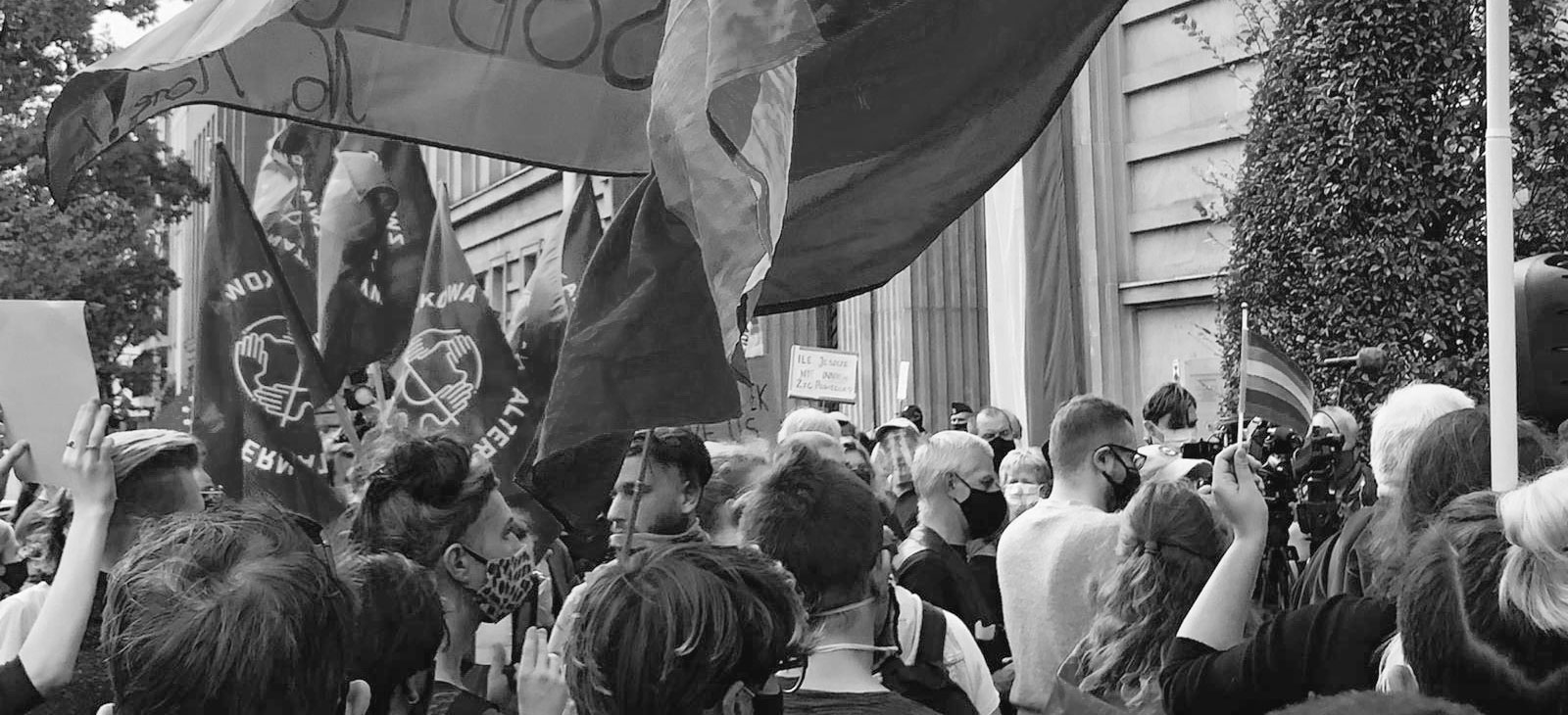Soft Authoritarianism, a concept that appears contradictory, aims to capture the current fuzziness of democracies sliding into authoritarian rule the world over. Formal elections bolster the power of strongmen, majoritarian democracies undermine the rights of minorities, the rule of law is hollowed out using the constitution, and discourses of freedom of expression are deployed to dismantle fundamental human rights.
Our Research Group studies in comparative perspective the fluid and flexible political, juridical, social and discursive configurations which blur the line between democratic and authoritarian practices of rule. It examines how soft authoritarianisms of various varieties are established and contested in different contexts. How are these new forms of rule legitimized discursively, implemented institutionally? How are responsibilities and accountability watered down, power centralized and its transfer impeded? What forms of mobilization and action by citizens attempt to stem the slow and systematic erosion of liberal democratic institutions? In what ways has the Covid-19 pandemic exacerbated authoritarian tendencies and are they here to stay?
Our four contrastive case studies linking ethnography with discourse analysis and documentary research focus on Poland, France, India, and Turkey/the Turkish-European diaspora.
Elections, Tactics and Violence – Erdoğan’s Soft Authoritarianism and the Current Developments (Part II)
In light of the recent wave of arrests targeting politicians of the main opposition party CHP – including the prominent Mayor of Istanbul, Ekrem İmamoğlu – and the subsequent mass…
Elections, Tactics and Violence – Erdoğan’s Soft Authoritarianism and the Current Developments (Part I)
In light of the recent wave of arrests targeting politicians of the main opposition party CHP – including the prominent Mayor of Istanbul, Ekrem İmamoğlu – and the subsequent mass…
Wahlen, Taktiken und Gewalt - Erdoğans soft-autoritäres Regime angesichts der aktuellen Entwicklungen (Teil II)
Angesichts der jüngsten Verhaftungswelle gegen Politikerinnen und Politiker der größten Oppositionspartei CHP einschließlich dem berühmten Oberbürgermeister Ekrem Imamoğlu und die darauffolgenden Massendemonstrationen im ganzen Land, wird in der Türkei die…
Wahlen, Taktiken und Gewalt – Erdoğans soft-autoritäres Regime angesichts der aktuellen Entwicklungen (Teil I)
Angesichts der jüngsten Verhaftungswelle gegen Politikerinnen und Politiker der größten Oppositionspartei CHP einschließlich dem berühmten Oberbürgermeister Ekrem Imamoğlu und die darauffolgenden Massendemonstrationen im ganzen Land, wird in der Türkei die…
Introducing Podcast Series: Democracy in Question
S11E04: Reproductive Agency vs. Authoritarian Demographics
This episode examines how global anxieties around fertility and population change continue to shape reproductive politics. Why do governments still target women’s bodies—whether to raise or restrict birth rates—and how…
S11E03: Quinn Slobodian on the “New Fusion” of Neoliberalism and the Far Right (Part 2)
This episode focuses on Slobodian’s latest book, Hayek’s Bastards, which reveals how some neoliberals forged an alliance with segments of the far right to roll back the progressive achievements of…
S11E02: Quinn Slobodian on Capitalism, Democracy, and the Politics of Zones (Part 1)
This episode explores the tension between democracy and capitalist markets. How could the fragmentation of national sovereignty offer a “solution” in the neoliberal imagination? What can experiment in special economic…
S11E01: Arjun Appadurai on Universities, Autonomy, and the Future of Democracy
This episode examines the unprecedented attacks on universities under the Trump administration. Why do these assaults go beyond culture-war battles over the humanities and diversity to target the very foundations…
There are no upcoming events.


